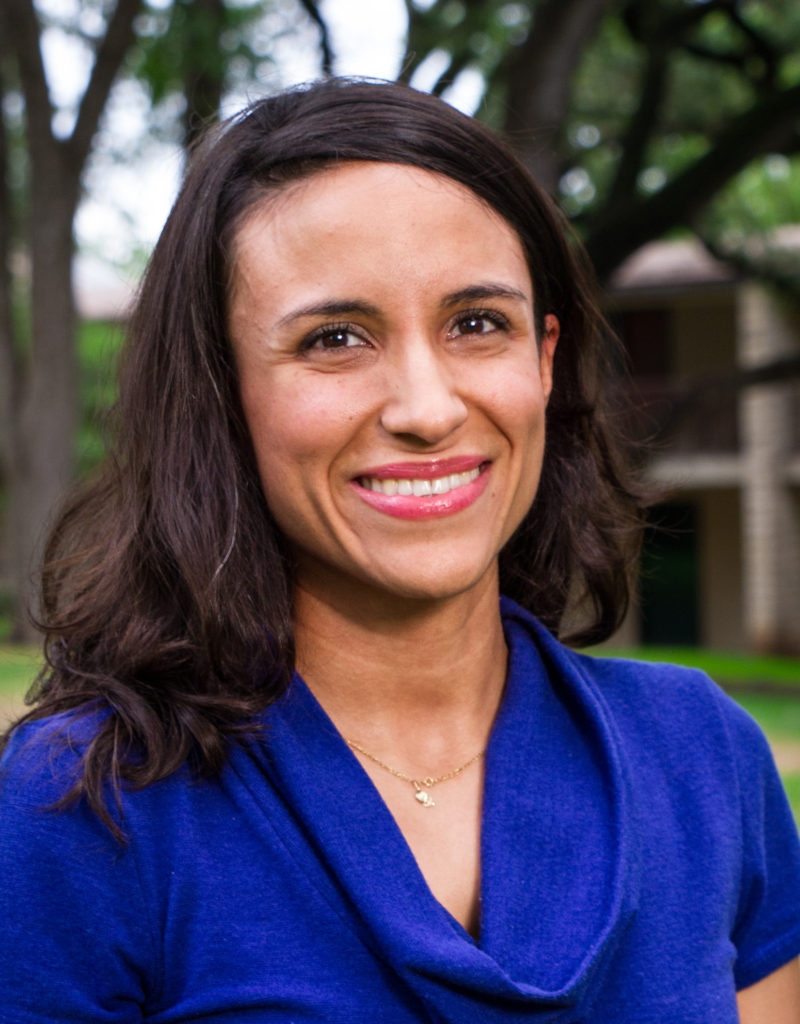In 2009 I began my journey working as a counselor-in-training at an internship site. I was excited and anxious to start my new position and truly felt ready to exercise my profession. During the time at this placement I had many transformative experiences and I noticed that there was a trend that included the topic of psychology and theology. Questions emerged in different sessions asking, “Does God love me?” Is it possible for depression to be cured with prayer?” or “Is God punishing me with a mental illness because I didn’t pray hard enough?”
I remember feeling stumped in many occasions, wanting to help but also unsure how to respond. I vacillated between feeling a sense of wonder, to confusion, and then brief moments where I thought, “I wasn’t prepared for this!” I immediately started asking internal questions such as “how do I respond to these questions? Do I even respond to them? Is it possible for depression to be cured with prayer?” and “where do I stand in my beliefs about God?” These natural questions that emerged launched my need to better prepare myself and future counselor for exploring conversations of theology and psychology.
Search for Connection
This search for connection and further competence was additionally supported by the ethical guidelines of the counseling profession. In 2015, the multicultural and social justice task force revised competencies that outlined domains counselors need to explore when encountering cultural diversity. In addition, competencies for addressing spiritual and religious issues in counseling were also added in previous years as complements to the American Counseling Association code of ethics. The main premise behind the competencies is to prepare counselors to explore a client’s worldview and belief system, understand human and spiritual development, practice self-awareness, and advocate when appropriate for our clients.
Social Justice Competency
In the classes I teach I strive to integrate questions of theology and psychology using the multicultural and social justice counseling competencies and the competencies for addressing spiritual and religious issues as guidelines to better engage conversations. These guidelines not only provide a structure to discuss the topic of the integration of psychology and theology, but also provide different perspectives important to consider before clients are approached.
I encourage students to explore their values, biases, and possible worries when working with others different than themselves. My experience through these conversations have been transformative and allowed me to continuously work towards bridging the gap between the two.
I’m grateful for the clients that were teachers to me. It was during my time working at this site that I realized that I couldn’t separate the physical, mental, emotional, and spiritual aspects of a person. I realized that as humans, we seek all types of connection, meaning in life, and an ultimate search for wholeness.
What questions of faith to do you struggle with?
What is your view on integrating theology and psychology?


